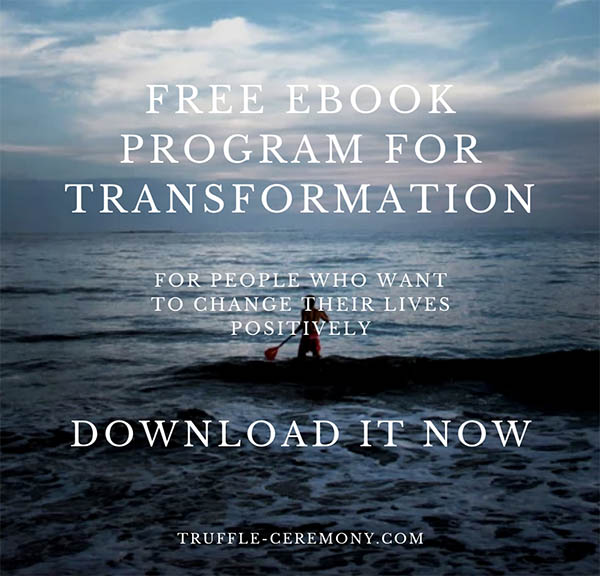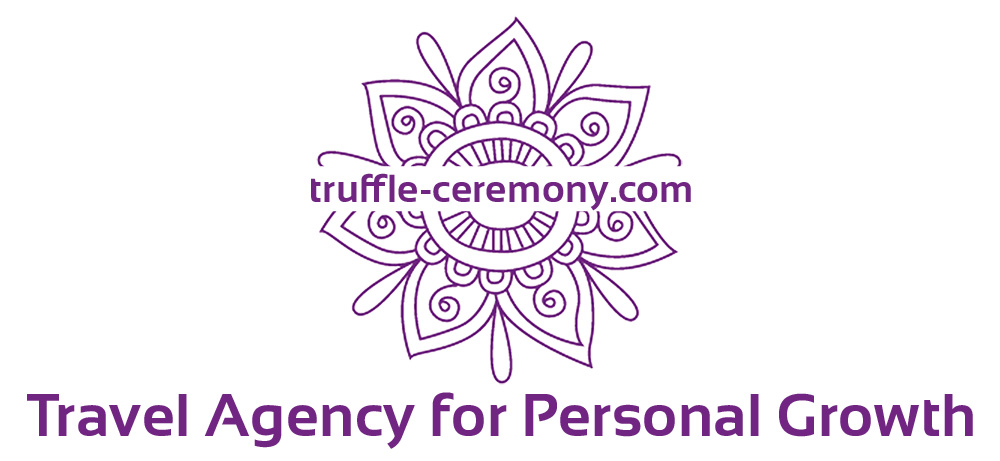Home | Psilocybin in mild traumatic brain injuries
Psilocybin in mild traumatic brain injuries
Is this a new path to recovery?
Recent preclinical research published on bioRxiv suggests that psilocybin – the active ingredient in truffles – may play an important role in the recovery of mild traumatic brain injuries (mTBI), such as in athletes or military personnel who repeatedly suffer minor head injuries. The study shows that psilocybin is anti-inflammatory, supports vascular recovery and promotes the functional connectivity of brain networks.
Neurovascular damage after mTBI
Mild traumatic brain injuries often result in diffuse damage in the brain. Although the impact may seem limited at first glance, repeated mTBIs can cause cumulative damage. Among other things, there is an increase in vasogenic edema, disruption of the blood-brain barrier, and decrease in neurovascular reactivity. These subtle but persistent changes have been associated with cognitive decline, mood disorders, and increased risk of neurodegenerative diseases.
Psilocybin restores vascular function
In the preclinical mouse model of mTBI from the aforementioned study, it was shown that a low dose of psilocybin – lower than that which would produce a full psychedelic experience – contributed significantly to the restoration of vascular function. Psilocybin reduced edema formation and restored normal blood flow within the brain. In addition, a recovery of the neurovascular unit, a crucial link between blood vessels and brain activity, was observed.
Microdosing as long-term support
In addition to ceremonies, we also offer programs in which clients microdose with psilocybin over extended periods of time. In light of these recent findings, it is becoming increasingly clear that microdosing not only has subtle psychological effects, but also supports physiological processes in the brain – particularly in the recovery of networks affected by long-term stress or mild brain injuries.
Functional brain networks are strengthened
In addition to physical recovery processes, an improvement in functional connectivity was also observed. This improvement includes synchronization between key brain regions involved in self-reflection, emotional regulation and motivation. This supports the clinical picture that psilocybin users – even in guided settings such as a truffle ceremony – often speak of increased clarity, calmness and mental coherence after the experience.
Relevance to truffle ceremonies
At Truffle-ceremony.com, we work with carefully matched microdoses and higher doses within safe, therapeutically supervised settings. What this research highlights is that psilocybin not only works on a consciousness level, but actually contributes to recovery processes in the brain. This opens new perspectives for people struggling with cognitive complaints, chronic stress, residual complaints after trauma or a history of mild brain injury.

A science-based approach to healing
The study confirms what has long been experienced within the practice of truffle ceremonies: psilocybin can contribute to deep healing, both on a psychological and biological level. By dampening inflammatory processes, restoring vascular integrity and promoting brain connectivity, it creates a promising mechanism of action that deserves further clinical validation.
At Truffle-ceremony.com, we integrate the latest scientific insights into our methods. The combination of careful preparation, expert guidance and a safe setting forms the basis for lasting transformation.

Want to download the eBook on the Program for Transformation for free?
Fill in your details here and instantly download the eBook on the Program for Transformation from Truffle-ceremony.com
Subscribe to our newsletter now
Our newsletter is sent out up to 8 times a year.

